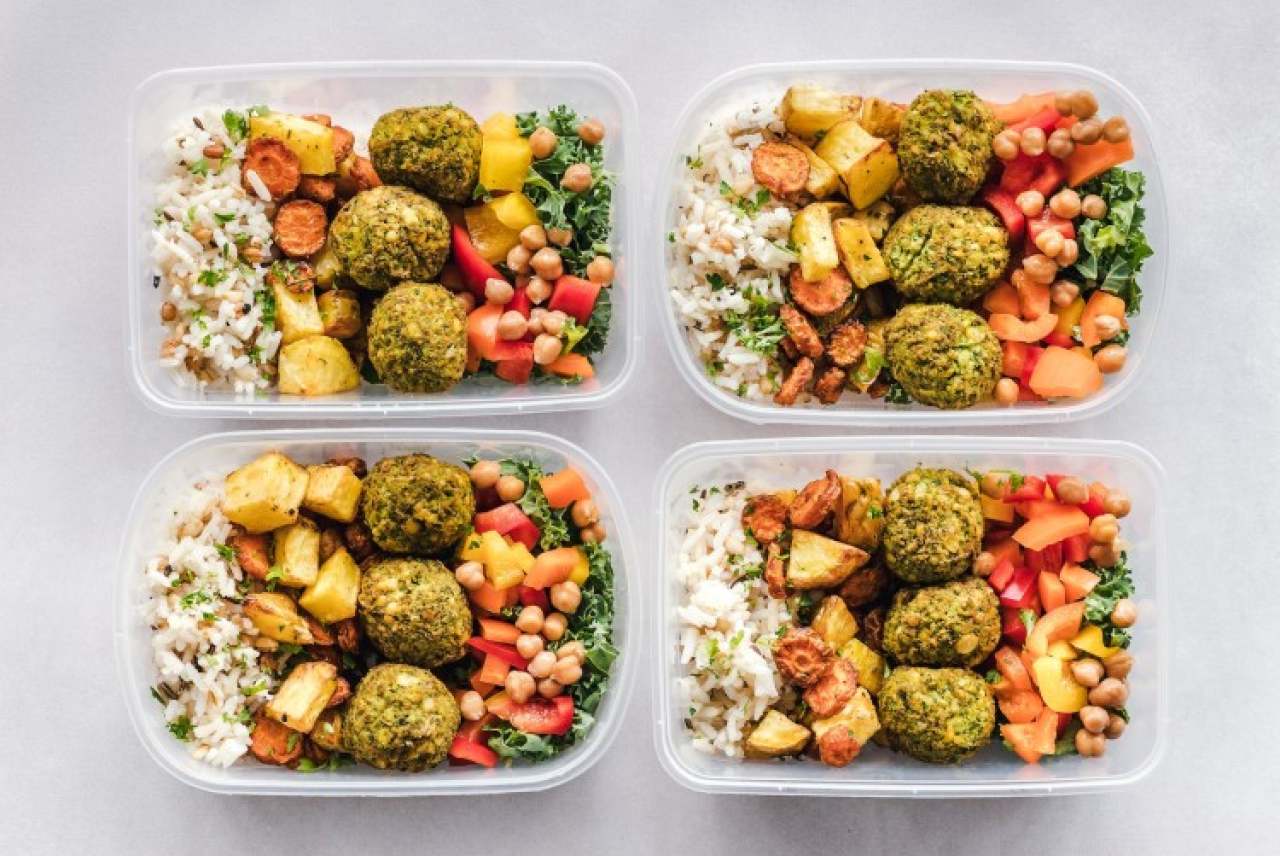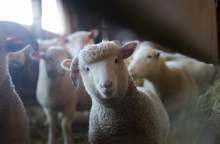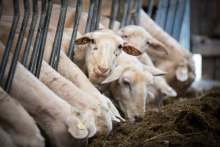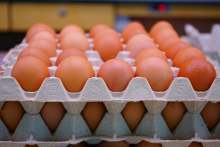What is veganism?
Veganism is often thought of in black and white terms – you’re either vegan, or you’re not. In reality, there is a lot of debate about what constitutes veganism.
As a rule, vegans avoid consuming products that originate from other animals to the greatest extent possible and practical for them. This means products that contain meat, dairy or eggs.
Vegans commonly avoid wearing animal-derived clothing, such as wool or leather.
Honey, alcohol filtered through fish bladders, medication in gelatine capsules, eggs from the neighbour’s chicken, condoms containing milk protein… these are just a few products that many vegans would avoid, while others would let slide.
Three reasons to buy vegan
1. For the animals
Vast amounts of people go vegan after discovering the reality of the animal product industry. While vegetarians avoid eating the bodies of animals, vegans highlight how animals used for dairy ultimately meet the same fate – albeit often after a prolonged period of suffering.
Drive down the motorway or go on a hike in the British countryside and you’ll probably spot cows, pigs or sheep. However, around 70% of the UK’s farm animals are factory farmed. Many have little or no access to pasture.
Our article on a typical life cycle of a dairy cow in the UK provides more information about what life is like for many cows in the UK.
There have been several exposes of egg companies breaching animal welfare laws. Noble Foods – the company that owns free range Happy Eggs – is one offender. Hens in factory farms supplying Noble Foods' Big & Fresh brand have been locked in crowded cages and checked on less than once per day, becoming frail, featherless and dying.
Our new guide to eggs provides more detail on the egg industry, exposing the myths associated with types of rearing such as 'barn' eggs. It also explains how almost all male chicks are essentially redundant at birth and are killed when only a few days old. The guide provides recommended vegan alternatives for a variety of uses of eggs.
Find out more
- For a light-hearted introduction to veganism see the film Carnage
- For footage of UK animal farming, if you’re brave enough try Land of Hope and Glory
- Read about how animals are used in the clothing industry for 'down'
- Read our quick guide to animal ingredients in cosmetics
- Find out more about animal welfare in the food industry







